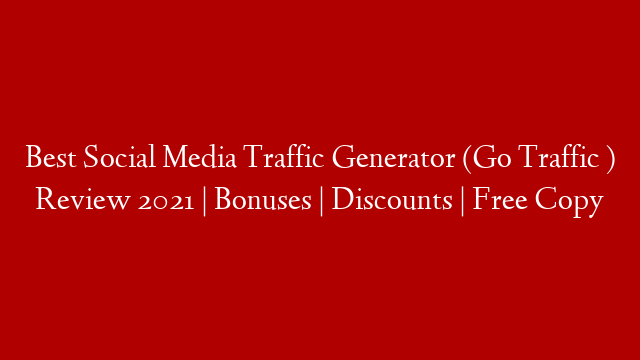Since its great expansion in the mid-1990s, the internet surely has had a crazy roller coaster existence. From Y2K doomsday predictions to dot-com bubble bursts, from the flood of websites made from GeoCities to the rise of Napster and runaway music download piracy, and then of course the formidable foursome of Google, Wikipedia, Facebook and YouTube dominating our internet space, many trends have risen, fallen or have stayed on with a veritable grip on the internet’s virtual terrain.
Today, much of the buzz on the web is on social media. Facebook is on its way to overtaking Google as the most visited site on the internet. And everyone else is going on Twitter to get the latest scoop on the breakfast habits of their favorite celebrities. To many, this development is inevitable given the internet’s interlinked structure. As the web in essence emphasizes connections so does it provide people with a natural platform for their social connections.
Internet users are thus transferring much of their social lives, and social habits, to the internet and information marketers might do well to take notice. While creating your own website to promote your information products remain the ideal practice, getting it on Facebook and Twitter may reap huge benefits and, not to mention, returns.
What Facebook and other social networking sites offer that you may not readily get from your own website is a ready-made network of colleagues and connections. They don’t have to search for your website on Google or remember what your URL is. All they have to do is log into their Facebook account as they always do and they will be able to see instant updates from their social network for which you and your product may belong.
You also have a captive audience who you can easily interact with and are also just as willing and eager to respond precisely because it’s on the socially interactive space of Facebook and the rest of the social media.
Social media is thus a wholly different creature from other websites in that it allows internet users into a very socially-driven internet sphere. On Facebook and Twitter, internet users are predisposed to be more social and interactive and trusting (for who else can you trust more than your own social network?) and that is something that information marketers would want for their products.
Social media is undoubtedly an invaluable promotional vehicle for information marketers. Hopping on to the Facebook or Twitter bandwagon can take you to its chaotic social world. But out of that chaos you may just reap the profits.



